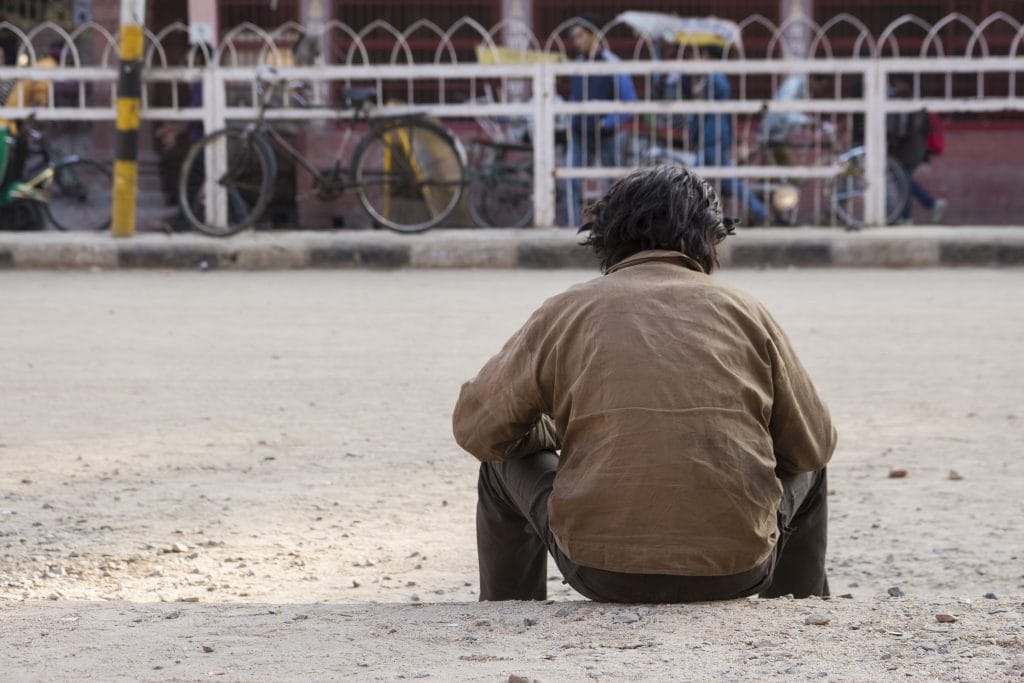
The World Health Organization (WHO), in advance of World Mental Health Day on October 10th, has launched a campaign aimed at suicide prevention and awareness. It is entitled ‘Forty Seconds of Action’ – referencing the fact that, every forty seconds, a person commits suicide.
“Put simply, this is an opportunity to show you care,” the WHO writes. It goes on to explain that “everyone can take part in whichever way makes most sense. Your activity may be private, for example, initiating a conversation with someone you are worried about or sharing a message of hope with someone who is struggling; or it may be public, for example posting a video message for local or national authorities about action you would like them to take on this issue.”
The WHO’s suicide prevention and awareness campaign is one India should take cognisance of, owing to the high burden of suicide in the country. According to WHO data, 2.2 lakh lives are lost to suicide in India every year, a rate of 16.3 deaths per 100,000 people and representing approximately a quarter of total lives lost to suicide worldwide. India’s is also the highest suicide rate in southeast Asia.
The WHO notes that, globally, suicide is the second leading cause of death among those aged between fifteen and 29. In India, most suicides occur among those aged fifteen to 39, with women more likely to take their own lives than men (as previously reported by Health Issues India, mental healthcare in India is plagued by gender disparity).
For all Indians living with mental health issues, the treatment gap is staggering. More than ten percent of Indians are affected by mental health disorders such as anxiety and depression, which affect 38 million and 56 million people respectively in the country. These figures translate to around 150 million Indians in need of mental healthcare but, as President Ram Nath Kovind pointed out in 2017, just ten percent of those in need of mental healthcare in India can avail it. According to the Union Ministry of Health and Family Welfare, the mental health treatment gap in India numbers between fifty and seventy percent.
The reasons why are manifold. To begin with, there is the lack of resource allocation. Mental health accounts for less than one percent of India’s health budget year-on-year, despite investment in mental healthcare being cost-effective. A study concerning the implementation of the Mental Healthcare Act, 2017 “depicts that investing in the implementation of MHCA, 2017 by the government will yield 6.5 times the return on investment analysis benefit.” Despite this, the legislative framework is patchy: for example, India lacks a suicide prevention strategy despite the significant number of lives lost to suicide every year.
There are staffing shortages in mental healthcare too. India has just 0.3 psychiatrists, 0.12 psychologists and 0.07 social workers for every 100,000 people. Meanwhile, stigma continues to surround mental health disorders in India with significant proportions of the population holding prejudicial attitudes towards those affected by mental health disorders.
To this end, India’s high suicide rate occurs in an environment where social acceptance is low and infrastructure and help is lacking. This is not to say that India has not made important strides towards addressing these issues. The Insurance Regulatory and Development Authority of India’s instruction that health insurance coverage to include mental health treatment and the passage of the Mental Healthcare Act 2017, which decriminalised suicide and aimed at broadening access to treatment, rank among the key steps taken in the past few years.
Yet it is clear that more needs to be done. Ahead of World Mental Health Day, India must take note of the present scenario surrounding mental illness in the country and consider what steps need to be taken going forward – with consideration of suicide prevention and awareness imperative.
Contact details for mental health support in India can be accessed here.
If you are suicidal or experiencing suicidal thoughts, visit your nearest hospital or contact AASRA on 91-22-27546669 or Sneha India on 91 44 24640050 helpline. A list of other suicide helplines can be accessed here.

